CNN Misinformation Experts: Why Facts Don't Always Change Minds
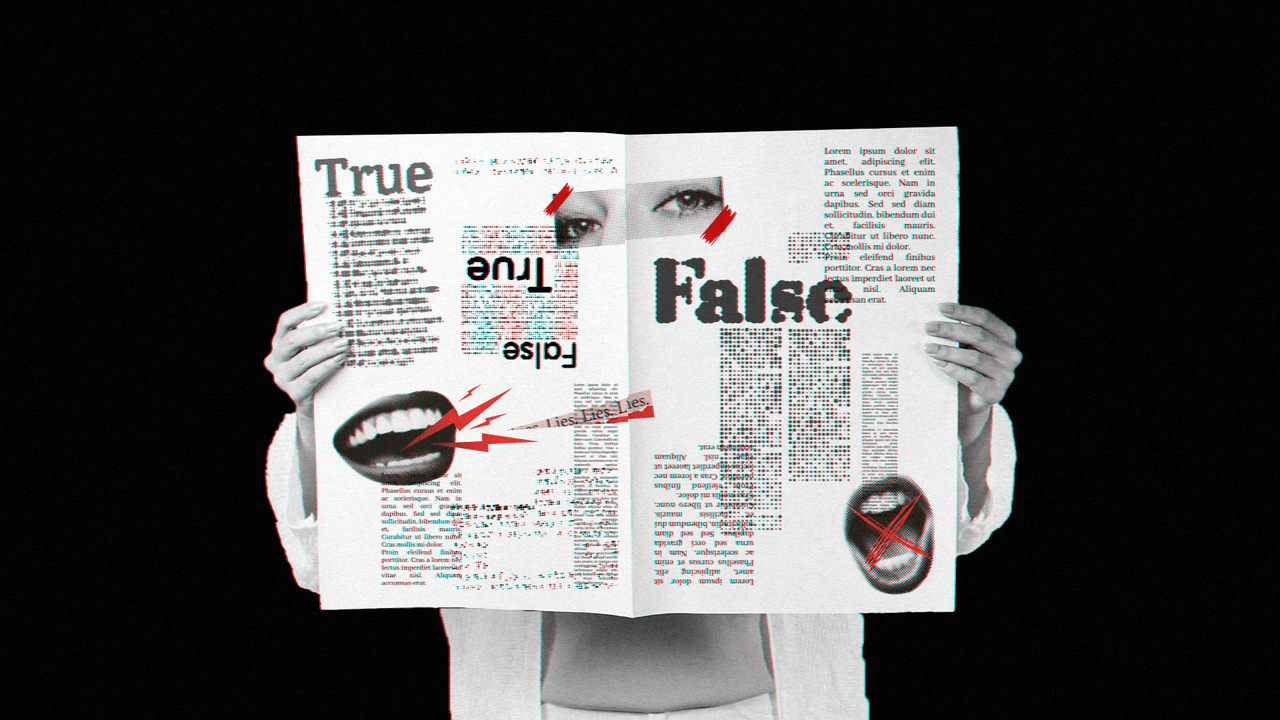
Table of Contents
Main Points:
2.1 Cognitive Biases and the Backfire Effect:
H3: Confirmation Bias:
Confirmation bias is the tendency to search for, interpret, favor, and recall information that confirms or supports one's prior beliefs or values. In the context of news consumption, this means individuals are more likely to believe news stories that align with their existing worldview and dismiss those that challenge it, regardless of the source's credibility. For example, a person holding strong anti-vaccine beliefs might readily accept information from unreliable sources confirming those beliefs while dismissing any evidence presented by CNN or other reputable sources.
H3: Motivated Reasoning:
Motivated reasoning describes how people process information in a way that supports their pre-existing attitudes and values. This can lead individuals to selectively interpret evidence, rationalize away contradictory information, and even actively seek out information confirming their biases. The highly polarized political climate illustrates this perfectly. People may interpret the same news report from CNN differently, depending on their political affiliation, often reinforcing pre-existing beliefs rather than objectively evaluating the facts presented.
H3: The Backfire Effect:
The backfire effect is a particularly troubling phenomenon where attempts to correct misinformation can inadvertently strengthen the false belief. Studies have shown that directly confronting someone with factual evidence contradicting their deeply held belief can trigger a defensive response, leading them to cling even more tightly to the misinformation. This effect is often amplified by feelings of threat or attack to their self-identity.
- A study by Brendan Nyhan and Jason Reifler found that correcting false information about the Iraq War actually increased the false beliefs of those who already held them.
- CNN’s fact-checks, while valuable, can sometimes inadvertently trigger the backfire effect, strengthening pre-existing biases rather than changing minds. This highlights the complexity of correcting misinformation.
2.2 The Role of Echo Chambers and Social Media:
H3: Filter Bubbles and Algorithm Bias:
Social media algorithms often create "filter bubbles," curating content that aligns with users' existing interests and beliefs. This limits exposure to diverse viewpoints and strengthens the confirmation bias. The algorithms themselves might not be biased, but they are designed to show you content likely to engage you, and that engagement often stems from reinforcement of pre-existing beliefs. Consequently, individuals are less likely to encounter fact-checked news from sources like CNN that might challenge their perspectives.
H3: Selective Exposure:
People actively seek out information confirming their biases and avoid information that contradicts them. This "selective exposure" further reinforces existing beliefs and limits opportunities for exposure to diverse perspectives, including those presented by reputable news organizations such as CNN.
H3: The Spread of Misinformation Online:
Misinformation spreads rapidly on social media. The viral nature of online content, combined with the lack of fact-checking mechanisms on many platforms, creates a fertile ground for the proliferation of false narratives. Even with the best efforts of CNN’s misinformation experts, controlling the spread of misinformation online remains a considerable challenge.
- Studies show that false news spreads significantly faster on social media than true news.
- The sheer volume of information online makes it difficult for fact-checkers, even those at CNN, to keep up with the constant stream of misinformation.
2.3 The Limitations of Fact-Checking and the Need for Nuance:
H3: The Complexity of Misinformation:
Misinformation isn't always easily debunked with simple facts. Many false narratives are complex, nuanced, and intertwined with emotional appeals that resonate deeply with audiences. Simply presenting factual counter-evidence may not be sufficient to overcome these emotional connections.
H3: The Importance of Source Credibility:
The perceived trustworthiness of a source heavily influences whether people accept information, even factual information. While CNN is a generally reputable source, its credibility is sometimes challenged by individuals with pre-existing biases, contributing to the rejection of even its fact-checked reports.
H3: Addressing Underlying Beliefs:
To effectively combat misinformation, it's crucial to address the emotional and psychological reasons behind the beliefs, not just the factual inaccuracies. This requires a deeper understanding of the cognitive and social factors driving the acceptance of misinformation.
- Focusing on fostering media literacy and critical thinking skills can help individuals better evaluate information sources and resist the allure of misinformation.
- Addressing the underlying emotional needs and anxieties exploited by misinformation can be more effective than simply presenting factual counterarguments.
Conclusion: Understanding the Limitations of CNN Misinformation Experts and Moving Forward
The effectiveness of even the most dedicated CNN misinformation experts is hampered by cognitive biases, echo chambers, and the inherent complexity of misinformation. Simply presenting facts is often insufficient to change deeply held beliefs. Understanding the psychological and social factors involved in belief formation and perseverance is critical. Combating the spread of misinformation requires a multi-faceted approach, going beyond simple fact-checking. This includes promoting media literacy education, encouraging critical thinking skills, and addressing the emotional drivers behind the acceptance of false narratives. CNN's fight against misinformation, and the fight against misinformation in general, necessitates a more holistic strategy. Let's all actively engage in critical thinking, evaluate information sources carefully, and seek out diverse perspectives to combat the spread of misinformation effectively. The role of misinformation experts at CNN is crucial, but their work must be complemented by a broader societal effort to cultivate media literacy and critical thinking.

Featured Posts
-
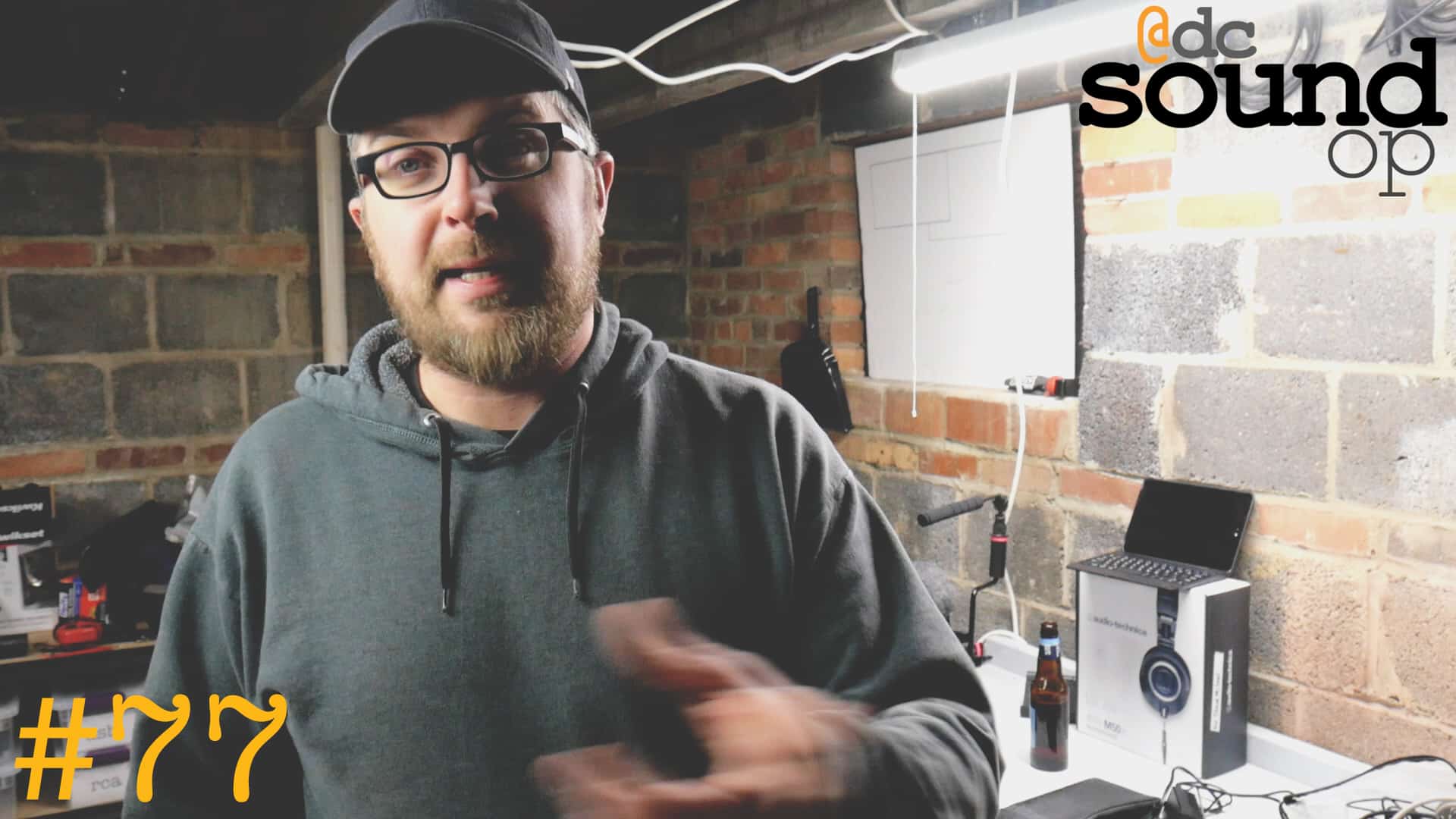 Fortnites New Shop Update What Went Wrong
May 02, 2025
Fortnites New Shop Update What Went Wrong
May 02, 2025 -
 Planning Your Trip To This Country Essential Information
May 02, 2025
Planning Your Trip To This Country Essential Information
May 02, 2025 -
 Frances Rugby Triumph Duponts Masterclass Against Italy
May 02, 2025
Frances Rugby Triumph Duponts Masterclass Against Italy
May 02, 2025 -
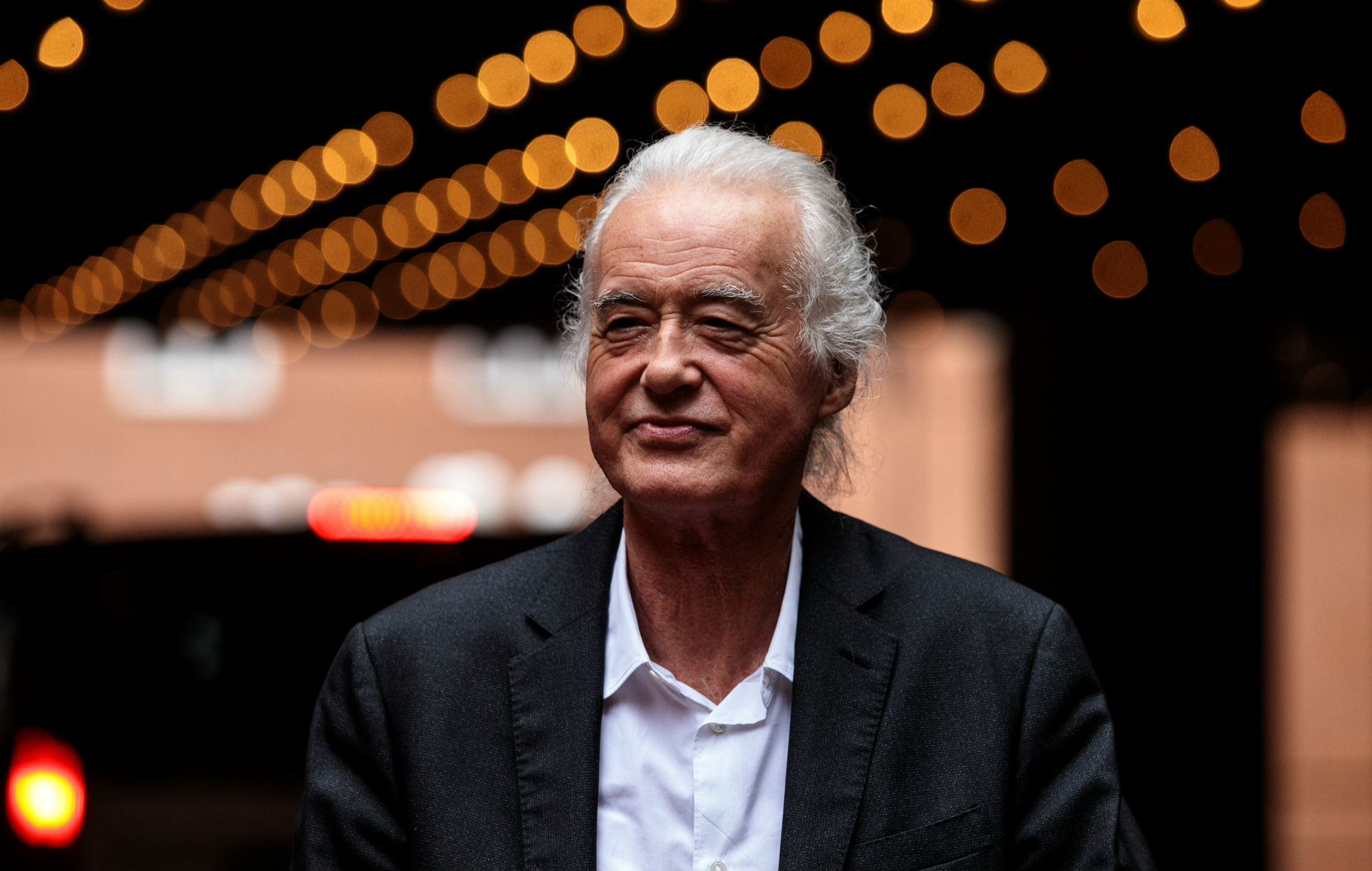 Stanway Pays Tribute Following Tragic Pitch Death In Kendal
May 02, 2025
Stanway Pays Tribute Following Tragic Pitch Death In Kendal
May 02, 2025 -
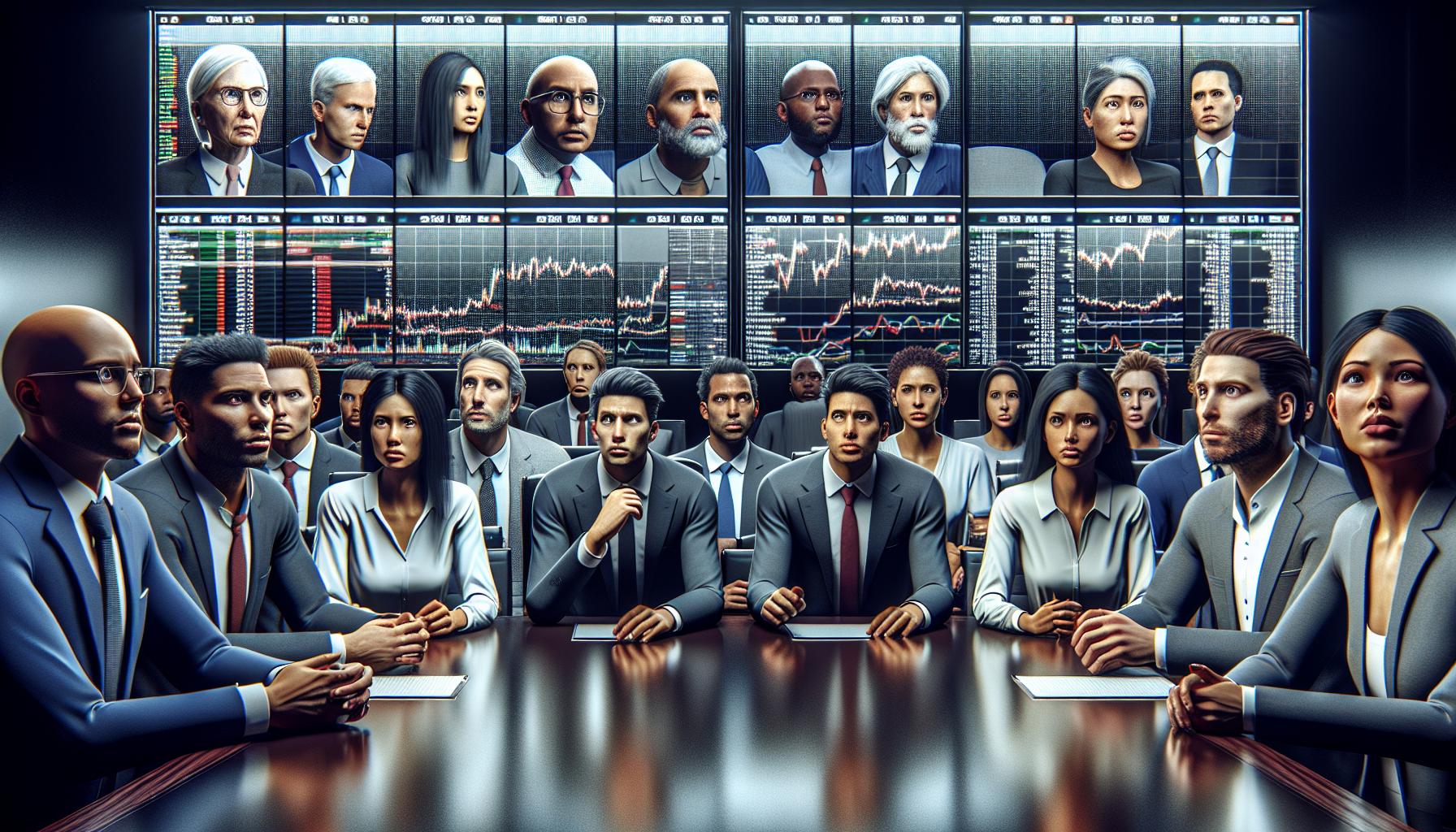 Is This Xrps Big Moment Etf Approvals Sec Developments And Market Impact
May 02, 2025
Is This Xrps Big Moment Etf Approvals Sec Developments And Market Impact
May 02, 2025
Latest Posts
-
 How Jazz Cash And K Trade Are Democratizing Stock Investments
May 10, 2025
How Jazz Cash And K Trade Are Democratizing Stock Investments
May 10, 2025 -
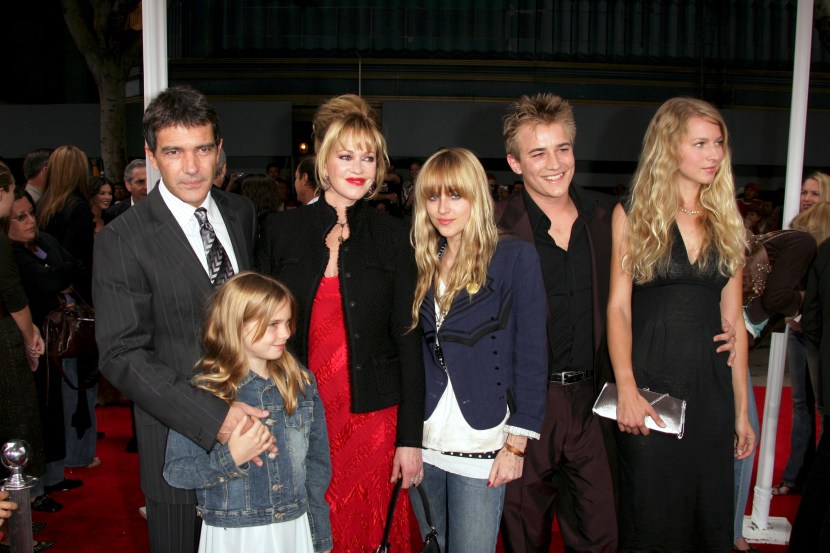 Mother Daughter Style Goals Dakota Johnson And Melanie Griffiths Spring Looks
May 10, 2025
Mother Daughter Style Goals Dakota Johnson And Melanie Griffiths Spring Looks
May 10, 2025 -
 Dakota Dzhonson I Khudshiy Film 2023 Polniy Spisok Nominantov I Pobediteley Zolotoy Maliny
May 10, 2025
Dakota Dzhonson I Khudshiy Film 2023 Polniy Spisok Nominantov I Pobediteley Zolotoy Maliny
May 10, 2025 -
 Accessible Stock Trading The Jazz Cash And K Trade Solution
May 10, 2025
Accessible Stock Trading The Jazz Cash And K Trade Solution
May 10, 2025 -
 Dakota Johnson Channels Spring Elegance With Mom Melanie Griffith
May 10, 2025
Dakota Johnson Channels Spring Elegance With Mom Melanie Griffith
May 10, 2025
